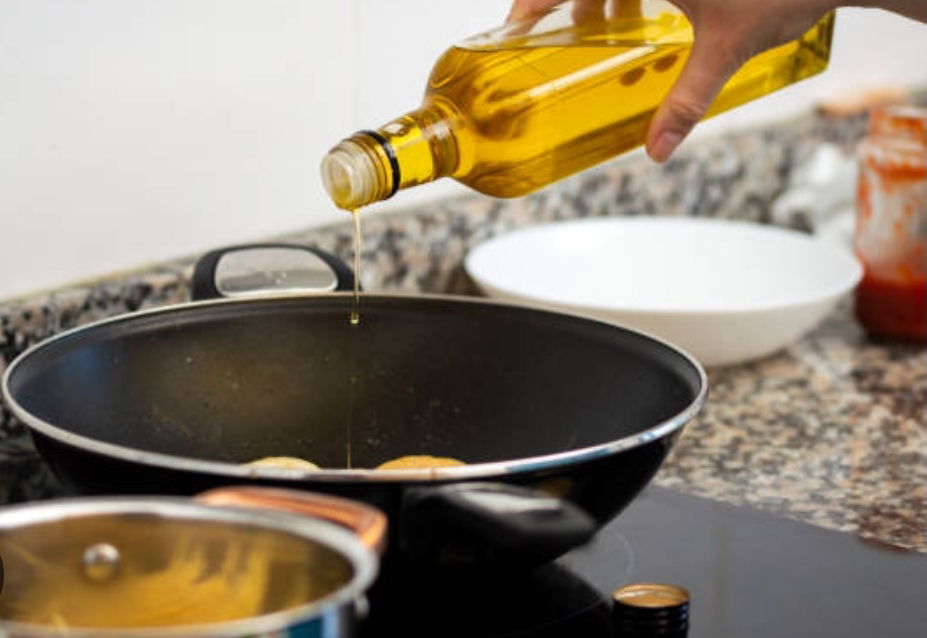Healthy Cooking

The loss of polyphenol content in olive oil during cooking at high temperatures can vary significantly depending on the temperature and duration of heating. Studies have shown that:
1. Moderate Heating: When olive oil is heated at moderate temperatures (up to 120°C or 248°F) for short periods, the loss of polyphenols is relatively minimal. For example, sautéing vegetables for a few minutes might lead to a loss of about 10-20% of the polyphenols.
2. High-Temperature Heating: When olive oil is subjected to higher temperatures, such as those used in frying (around 180°C or 356°F), the polyphenol content can decrease substantially. Frying can result in a loss of up to 40-60% of the polyphenols after about 10-20 minutes.
3. Prolonged High-Temperature Heating: Extended heating at high temperatures can cause even greater reductions. For example, frying or baking for prolonged periods can lead to losses of up to 75% or more of the polyphenolic content.
4. Impact of Repeated Heating: Repeated use of olive oil for frying can further degrade its polyphenol content, as well as its overall quality.
Here are some more specific figures from research studies:
- Frying at 180°C for 10 minutes: Losses of about 40-50% of polyphenols.
- Deep frying at 200°C for 15 minutes: Losses of up to 60-70% of polyphenols.
- Baking at 200°C for 60 minutes: Losses of around 60-75% of polyphenols.
These figures highlight the significant impact that high-temperature cooking can have on the polyphenol content of olive oil.
To maximise health benefits, it's best to use olive oil for low to moderate temperature cooking or to add it to dishes after cooking.